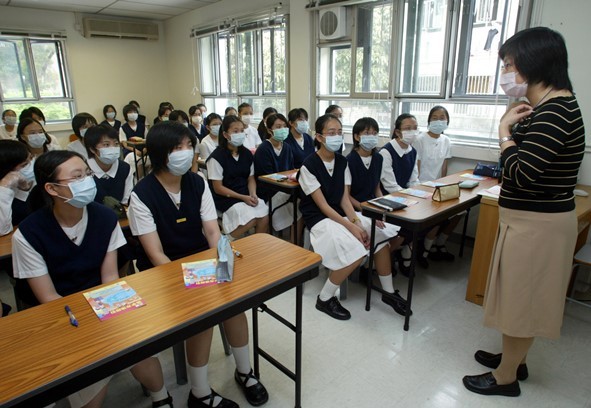As directed by China's Education Ministry, several secondary schools in Zhejiang Province and Shanghai become testing grounds for an education program that grants students more choice in their education as part of the country's initiative to steer away from exam-oriented education.
Less than a week ago, the Education Ministry issued a decision to reverse exam-centered college admission policies by asking universities to accept applicants based on morality standards, physical health, art cultivation and social practices in addition to their mandatory math, Chinese and English scores on the National College Entrance Exam, also known as the Gaokao.
Chen Weixin of Shanghai Fudan Secondary School said that their school will adopt the new policies as early as next school year. The school will offer six selective classes: physics, chemistry, geography, history, politics and life sciences for senior one students.
Unlike before, students will be granted permission to choose three of these subjects' final scores to their Gaokao scores.
While giving the students the liberty to choose the subjects they like to focus on, Chen said that this also allows gifted students to head to a higher class based on their performance.
Shanghai Shibei Secondary School will also take part in the testing phase of the reform and will introduce selective classes in their curriculum beginning next year. Shibei principal Chen Jun said that they have offered classes for gifted students to give them opportunity to advance.
The planned reform intends to allow higher learning institutions to accept students gifted in various disciplines and those with academic gifts instead of just basing enrollment on a unified exam by 2017.
Under the new scheme, a student who passes the Gaokao with an average score may be accepted if the student excels in one of the three specialized subjects he or she elected.
The Gaokao has been accused of rejecting creativity by turning the focus of secondary education to passing an exam instead of learning and development. The reform intends to inspire students to develop their full potential on subjects and disciplines they are gifted in.


